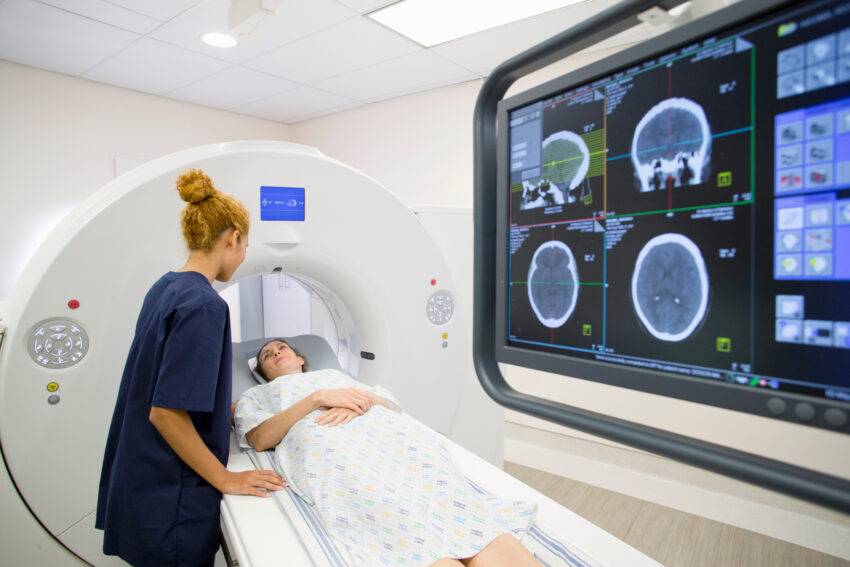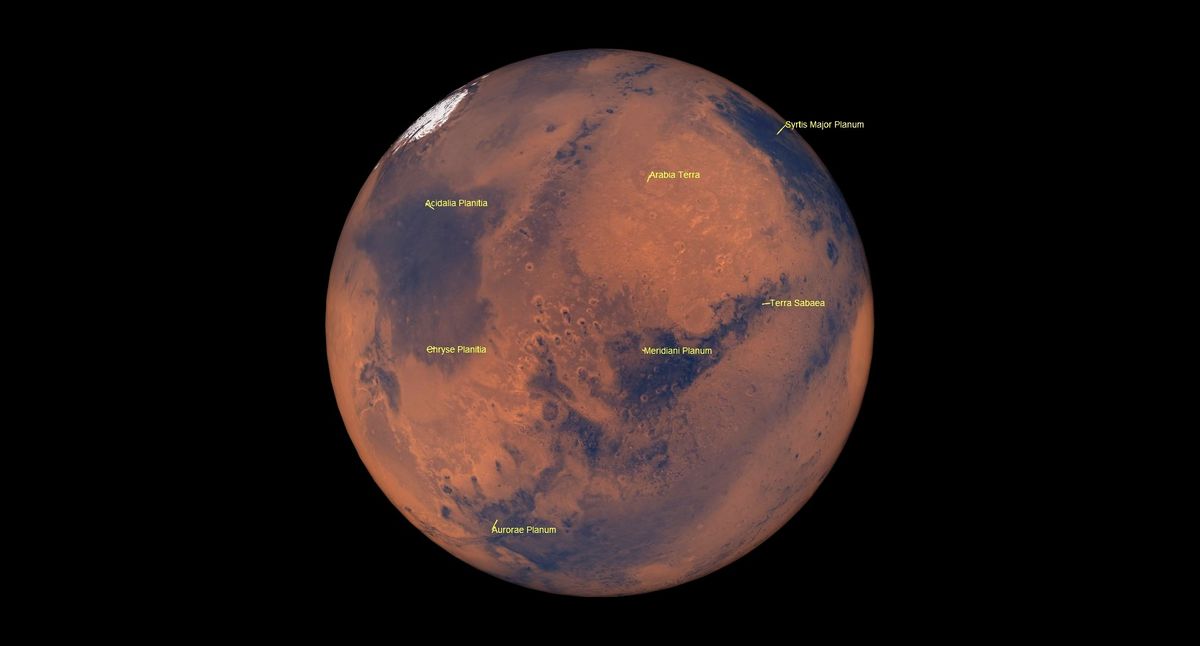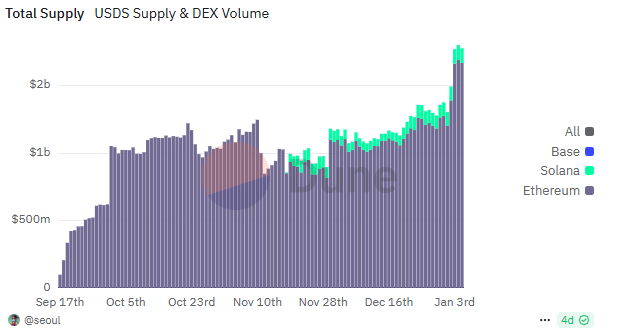Google unveiled “Willow,” their new state-of-the-art quantum computing chip with 105 qubits, on December 9. Google stated it completed a standard computation in less than five minutes that would take a top-tier supercomputer more than 10^25 years, which is significantly longer than the universe’s age. It instantly caused none other than Elon Musk to say, “Wow.” Even though the technology can currently only execute niche calculations, the quantum sector was already expected to invest millions in it. Thus, it was experiencing a “wow” wave, even otherwise. About a month after Willow’s release, on January 7, Nvidia CEO Jensen Huang’s one comment wiped out $8 billion in market cap of quantum computing companies. IonQ, D-Wave Quantum, Quantum Computing, and Rigetti Computing all saw declines around 40 per cent.
Huang stated that it might take 15-30 years to bring “very useful quantum computers” to market. There was disagreement, though. For instance, the CEO of D-Wave claims that Huang is “dead wrong.” Undoubtedly, it rekindled debates about the time frame of “useful” quantum computers.
Some experts think 20-30 years, while the most optimistic say “in 10 years.” Interestingly, these predictions have remained unchanged over the last 25 years! And “not in my lifetime” is what the most cautious people say.
Computers’ journey
Since quantum computing now necessitates supercooling to almost absolute zero, it’s probably not going to fit in our pocket anytime soon. It’s been a long journey, from enormous computer equipment to air-conditioned computer rooms that we entered, keeping shoes outside, to our modern laptop computers that are robust enough with respect to dust, temperature, and moisture and are ready to operate while travelling. Similarly, it should take some time for quantum computers to evolve to some truly “useful” ones.
While a few additional factors are significant, the number of qubits and the accuracy of elementary operations are crucial parameters for quantum computers. According to Jensen Huang, a quantum computer would require a million times as many qubits as they do now. This estimate may not be weird. Craig Gidney of Google and Martin Ekerå of KTH Royal Institute of Technology, Sweden, found in a 2021 paper published in the journal Quantum that a feasible quantum computer would need about 20 million “reasonably good” physical qubits to factor a 2048-bit integer.
Also, according to Moore’s law, a dense integrated circuit’s transistor count doubles approximately every two years, indicating an exponential growth. The evolution of classical IT has been surprisingly accurately predicted by this. Applying Moore’s law to quantum computing, increasing the number of qubits from about a thousand to one million would take about 20 years, assuming that quantum computers will “grow” at a comparable rate to classical computers.
Therefore, it may take until 2044 to surpass the one million qubit threshold. It’s interesting to note that IBM stated in 2024 that it will have 100,000 qubits by 2033. The majority of hardware makers are obviously more upbeat.
However, how straightforward will that be? At least 2^1000 continuous variables should be under our control, even if we require around 1000 qubits to perform a “useful” task.
An intriguing parallel was provided by M.I. Dyakonov of Université Montpellier, CNRS, France, in a 2019 paper in Solid-State Electronics. “In riding a bike, after some training, we learn to successfully control 3 degrees of freedom: the velocity, the direction, and the angle that our body makes with respect to the pavement.”
Will anyone be able to ride a bike with two to a thousand (2^1000) joints that allow their parts to rotate freely with respect to each other? Dyakonov questions. “As soon as physicists and engineers learn to control this number of degrees of freedom, which means – never!” concluded Dyakonov in reply to his paper’s title, “When will we have a quantum computer?”
But let’s have a little more optimism. Perhaps that will be accomplished at some point. It might not be tomorrow, though. The day after tomorrow, perhaps.
The writer is Professor of Statistics, Indian Statistical Institute, Kolkata









Leave a Comment